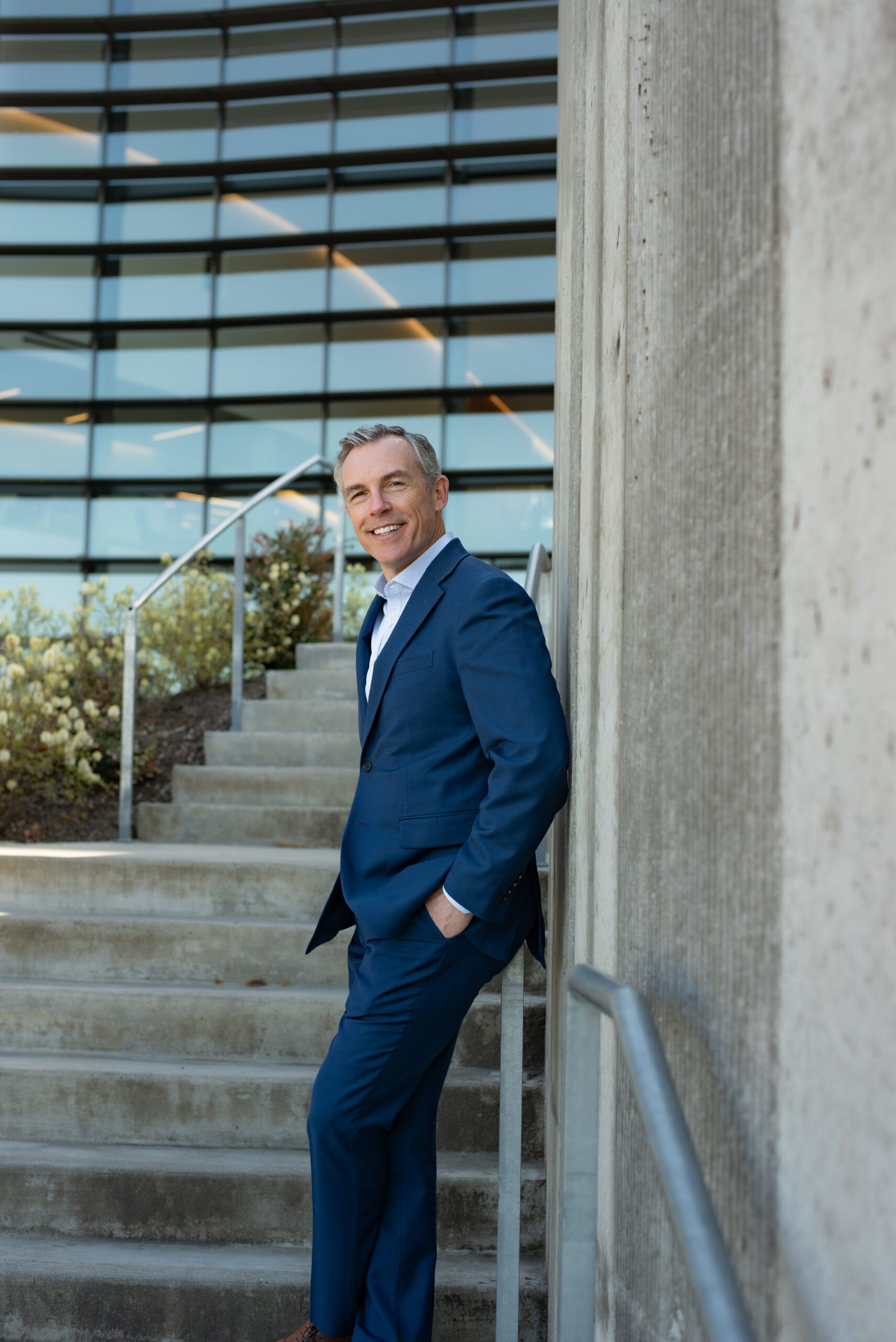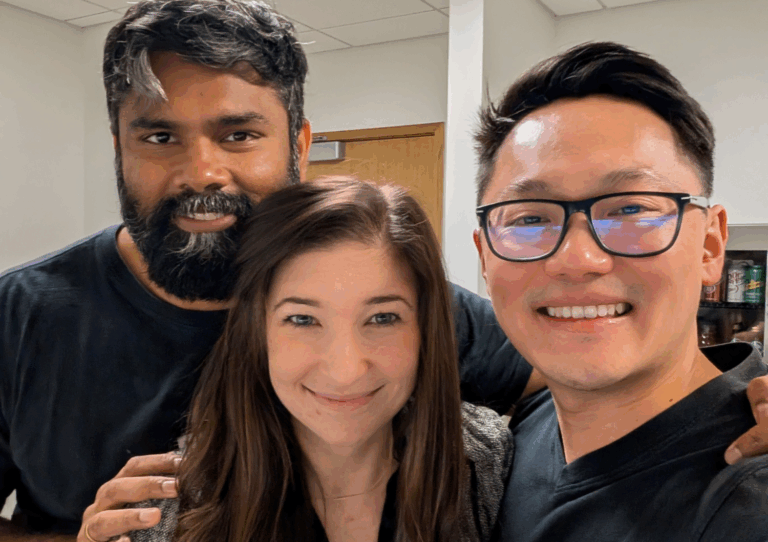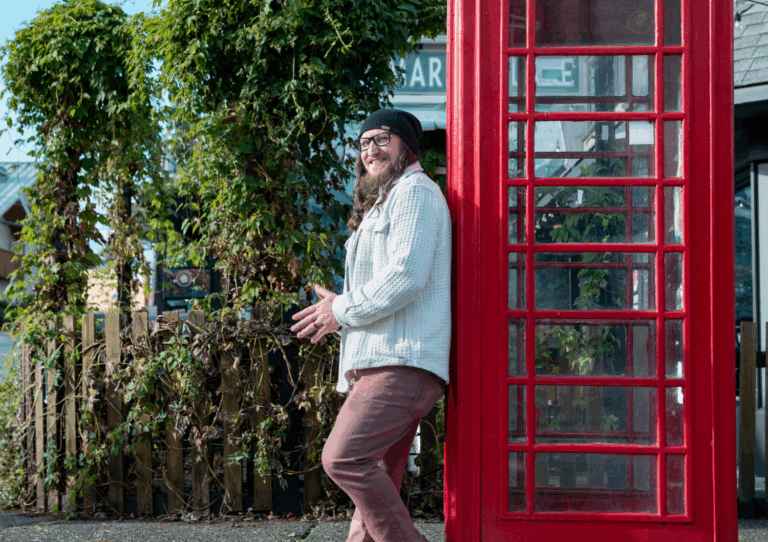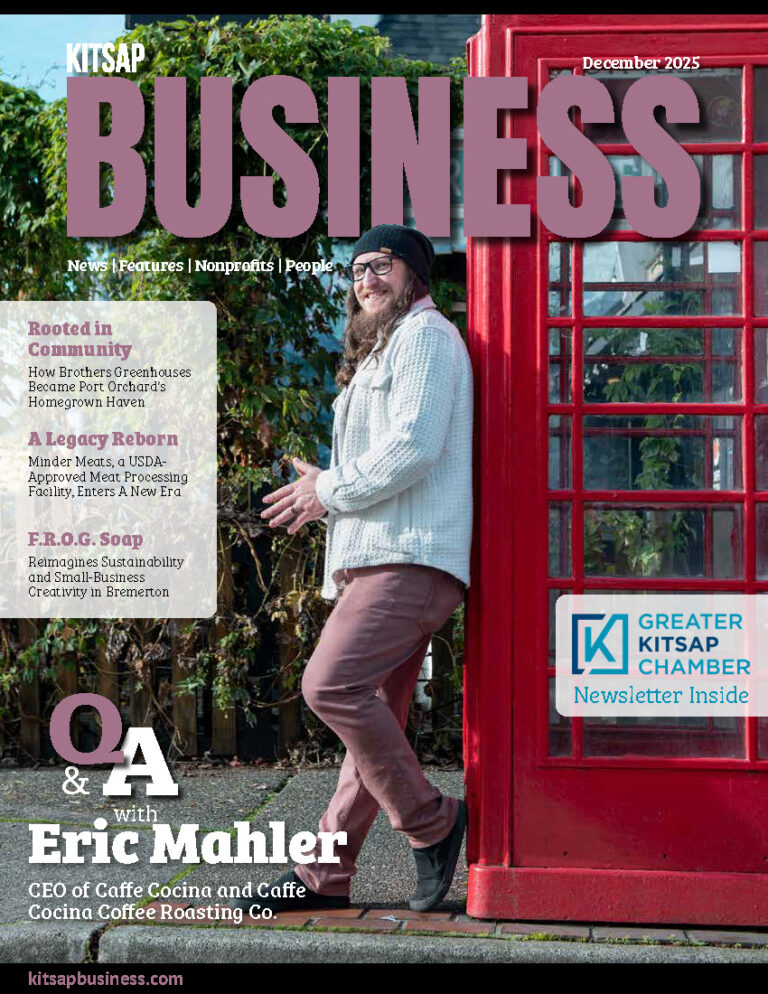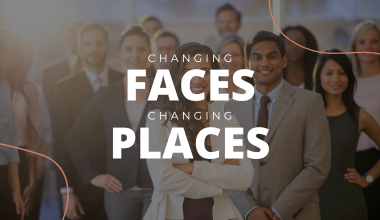Melton brings more than 20 years of experience in healthcare administration to his role as President of St. Michael Medical Center in Silverdale. Since joining the organization, he has helped lead the hospital through a period of growth and innovation, including facility expansions, new care models, and workforce development initiatives.
Melton brings more than 20 years of experience in healthcare administration to his role as President of St. Michael Medical Center in Silverdale. Since joining the organization, he has helped lead the hospital through a period of growth and innovation, including facility expansions, new care models, and workforce development initiatives.
Originally from Texas, Melton was drawn to the opportunity to contribute to Virginia Mason Franciscan Health’s regional strategy and to serve the Kitsap community.
Known for his commitment to culture, community, and long-term strategy, Melton has become a visible leader in Kitsap’s healthcare landscape. Under his leadership, St. Michael is not only expanding access to care but also investing in the region’s future workforce through partnerships like the $2.5 million initiative with Olympic College.

Please tell our readers a little bit about yourself.
I’m a Texas native, born in Tyler and I spent most of my time growing up in Houston. I am an identical twin and have another brother who is just 18 months younger than us. I went to Texas State University for both my bachelor’s and master’s degrees. I’m now heading into my 21st year in health care administration, a path I was inspired to take by my uncle, who was the president of Triad Hospitals. I worked for him when I first started my career and he continued to be a constant mentor for me.
My wife and I have been married for 24 years, and we have a 13-year-old son. I’ve always been a sports fanatic, playing football, baseball, and running track growing up. These days, I’m more into endurance sports – I’ve completed several Ironman events, lots of road races, and recently a 50-mile ultramarathon. Being active is really centered on my love of the outdoors. I also love backpacking, hiking, mountain biking, cycling, running – all the good stuff.
Tell us about your path to becoming President of St. Michael Medical Center. What drew you to this role and to Kitsap County?
I was attracted to this role as President of St. Michael Medical Center for several reasons. I was drawn to the Virginia Mason Franciscan Health system and its focus on strategy and growth to best meet the needs of our community. This role allowed me to contribute directly to our regional presence from the start. We opened the new St. Michael Medical Center location, and we recently opened the state’s first hybrid emergency and urgent care facility with another location underway. Our hospital tower expansion project will likely be completed by the end of the year. Having lived in big cities most of my life, I really appreciate the community feel and smaller size of Silverdale. I’m very involved in the community, and at St. Michael Medical Center, I enjoy the opportunity to get to know our more than 2,000 team members on both a personal and professional level.

What leadership principles guide your decision-making, especially in a complex and high-stakes industry like health care?
My leadership has always focused on culture development, specifically building a positive culture, fostering employee engagement, and implementing a clear, consistent communication strategy. As a team, we stay aligned around our balance scorecard, looking through the lens of quality, patient, provider and team member experience, growth, and finance. We must prioritize those areas first, and keep our patients at the center of everything that we do.
What’s one lesson you’ve learned in your career that you think every executive should understand?
It’s vitally important to focus on culture. If you don’t set the cultural foundation, you’re not going to get the results you intended.
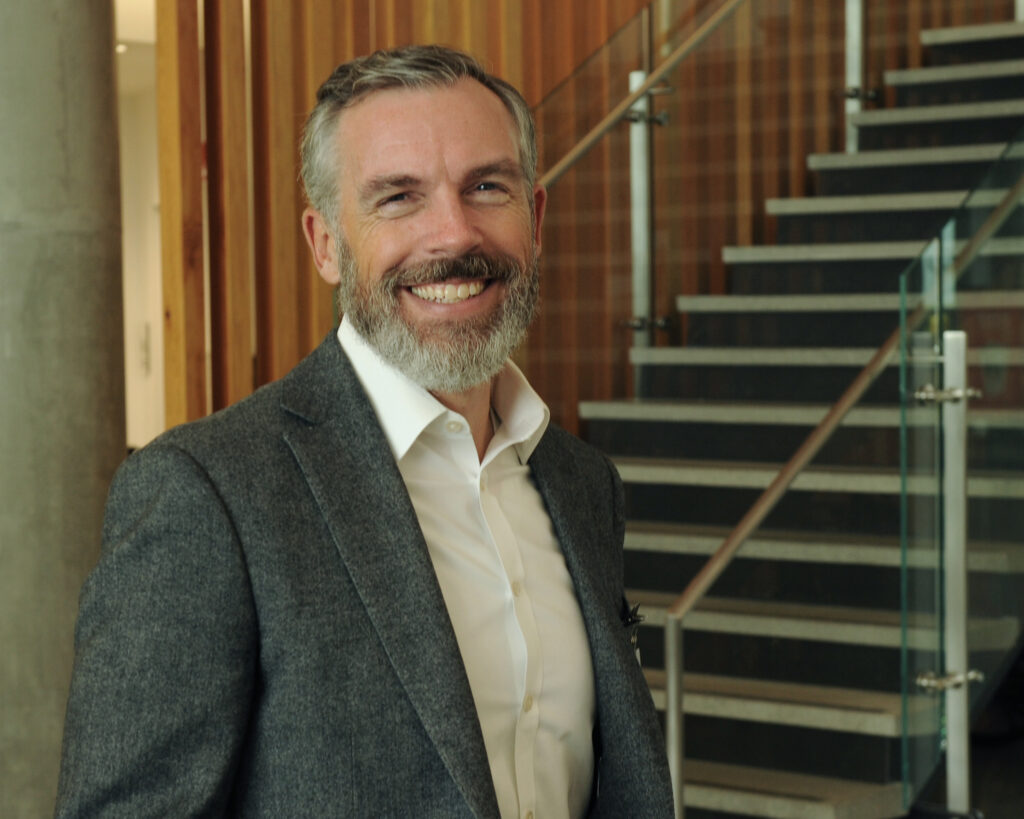
What are your top strategic priorities for St. Michael Medical Center in 2025 and beyond?
Our top priorities are creating access and capacity for the communities we serve. It goes hand in hand with expanding our primary care, specialty care, and Family Medicine Residency program. The new VMFH Emergency and Urgent Care – Bremerton is a great example of creating access points for the community. Addressing the growing demand for bed capacity, driven by an aging population and increased utilization, is also a key priority. We are also actively investing in people development through recruitment, retention, and strategic partnerships, such as the one with Olympic College where we are investing $2.5M to help train the next generation of care givers. Our ability to provide high quality services to the community relies on dedicated team members.
How is the medical center adapting to shifts in health care delivery, such as telehealth and outpatient services?
We continue to focus on meeting the evolving needs of our community including primary and specialty care in the inpatient and outpatient settings. We are exploring the use of telemedicine and other solutions to meet growing patient demands for certain services that can be managed in this capacity. I think about things like tele-neurology, tele-stroke, and tele-psychiatry as examples. I also anticipate a greater adoption of Artificial Intelligence (AI) in the future, particularly in documentation. AI can help alleviate some of the burden on clinicians and other care team members who currently spend significant time documenting patient records and allow them to spend even more quality time caring for patients.
What differentiates St. Michael from other health care providers in the region?
A significant strength of our organization is that 90% of our team members live in Kitsap County, fostering a strong sense of community as they care for their neighbors. We are also uniquely able to care for patients with complex needs and offer specialized care that is not often available in a community our size. For example, our cardiology program is recognized among the top three in all of Washington state and is ranked nationally for patient outcomes. Patients with complex needs across the board – from cardiology to neurology and spine, oncology, digestive health and more can count on us for exceptional care.
Health care systems everywhere are facing workforce challenges. How are you supporting staff recruitment, retention, and morale?
A focus on culture and culture development is a big one. Our partnership with Olympic College shows our successful collaboration with county and state elected officials to address community needs and create pathways for a skilled workforce today and into the future. We have an international nurses program that will bring in 25 nurses to our hospitals this year. We offer scholarship opportunities for our team members through Olympic College, where team members have their education paid for and can work in part-time or full-time capacity to advance their careers while earning a living.
When retention is strong, we see a direct correlation to better quality and patient experience. We have a patient engagement committee that develops monthly programs to support our team members, including recognition, military spouse support, and more. The committee is fully driven by our frontline team members and supported by management with an executive sponsor.
How does St. Michael’s partner with the broader Kitsap community to address public health issues and health care equity?
Our Community Health Needs Assessment guides our team and our collaborations so we can ensure we are focusing on the most pressing needs of the community and stay aligned with our organizational mission. We consistently work alongside Kitsap Public Health District and an array of other community partners to help address these needs and support one another and patients so they are cared for inside the hospital and have support when they leave. Our Community Health Improvement Grants are a great example of how we directly support nonprofit organizations in Kitsap County with funds to support their work and drive sustainable community programs with a focus on access to care, behavioral health and chronic disease prevention. This year (2025), we have 13 grants totaling nearly $850,000 invested in Kitsap community organizations.
Other examples of collaboration across the county include a medical respite program in partnership with Peninsula Community Health Services. We also collaborate with the Kitsap Public Health District through a grant to provide sexually transmitted infection (STI) testing in our emergency room. Our longstanding Family Medicine Residency program brings tremendous value back to the community, allowing us to serve more patients and bring more providers permanently into the community. The VMFH Family Medicine Clinic in Bremerton also provides space for UW/Harborview HIV clinics every Friday, as well as primary care for these patients at any time. Our hospital leadership team is actively involved in a community organization with more than 90% participation last year.
What innovations or investments are you most excited about at St. Michael in the next few years?
I am thrilled about the significant growth we have been able to accomplish to meet community needs, including the addition of 74 beds in our new hospital tower that is nearing completion, the recent opening of the freestanding, hybrid VMFH Emergency and Urgent Care – Bremerton, and a second hybrid ED/urgent care location opening in Port Orchard later this year. We are very excited about the Olympic College Healthcare Expansion and our ongoing work together to grow our pipeline of people who are excited to enter the field of health care or advance their careers.
How is the hospital preparing for the future of health care—both in terms of technology and patient expectations?
We’re always preparing for what the future will look like within our own organization and with our elected officials, organizations like the Washington State Hospital Association and other key stakeholders. Health care changes every day and it requires us to be agile. One area of certainty is that we have a growing aging population here in Kitsap County and we will continue to prepare to care for these patients – with a special focus on primary care, internal medicine and specialty care to meet their needs. We will also continue to foster the retention of our amazing workforce while working to attract more passionate people to health care.
What keeps you up at night—and what gives you hope?
The financial pressures on our hospitals and health systems have been high for the last several years and continue to grow while we are experiencing increasing cost of labor and general operations. Recruiting amazing people to care for our community, especially physicians, is another area of great need that keeps me up.
However, I’m hopeful when I reflect on the remarkable progress St. Michael Medical Center has made in the last three years. The improvements we’ve seen in our quality outcomes and patient experience along with team member engagement is truly inspiring. We’ve done this while continuing to grow and expand to meet community needs. It’s an exciting time for us.
Keep in touch with our news & offers
Subscribe to Our Newsletter
Thank you for subscribing to the newsletter.
Oops. Something went wrong. Please try again later.

